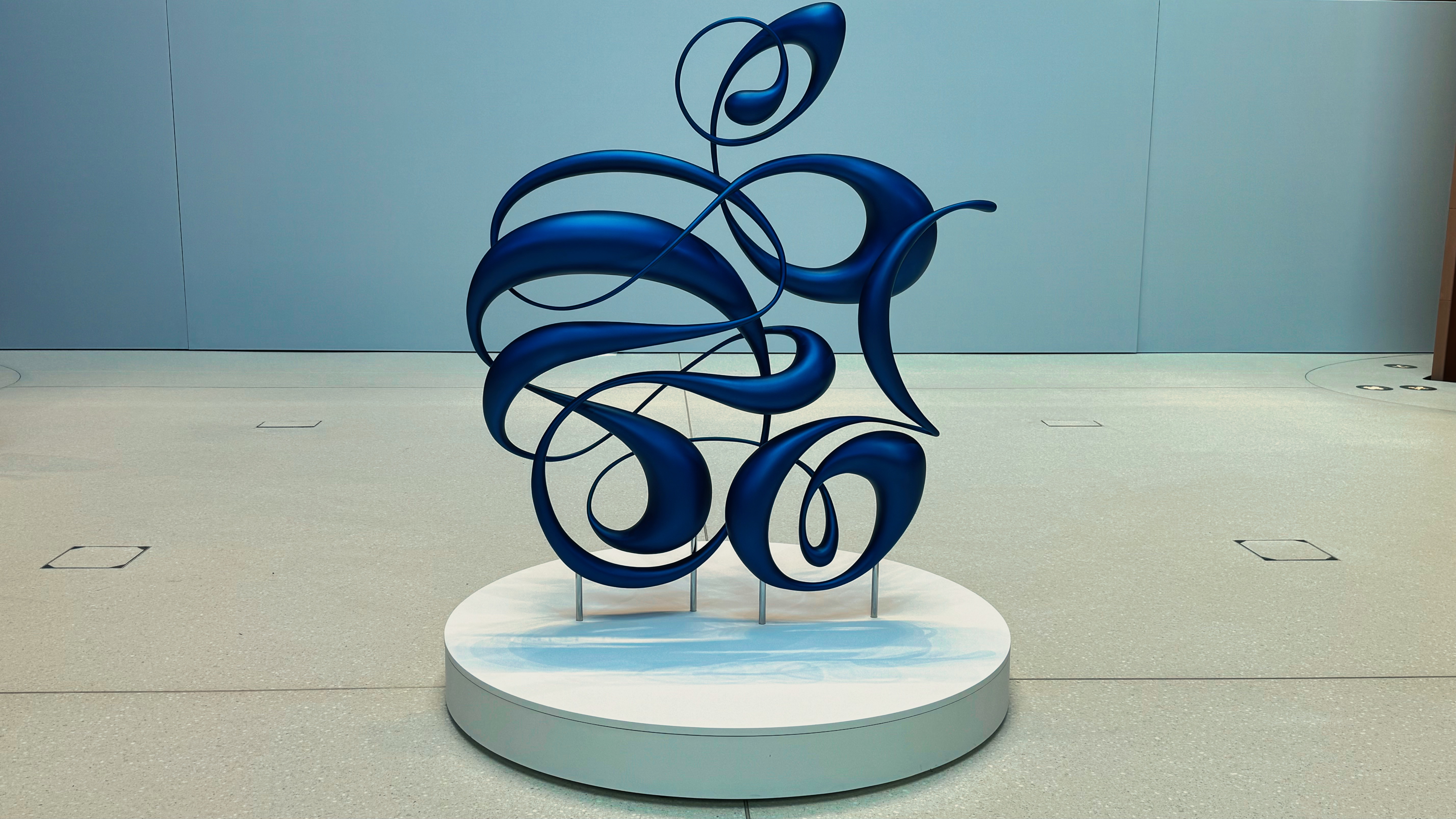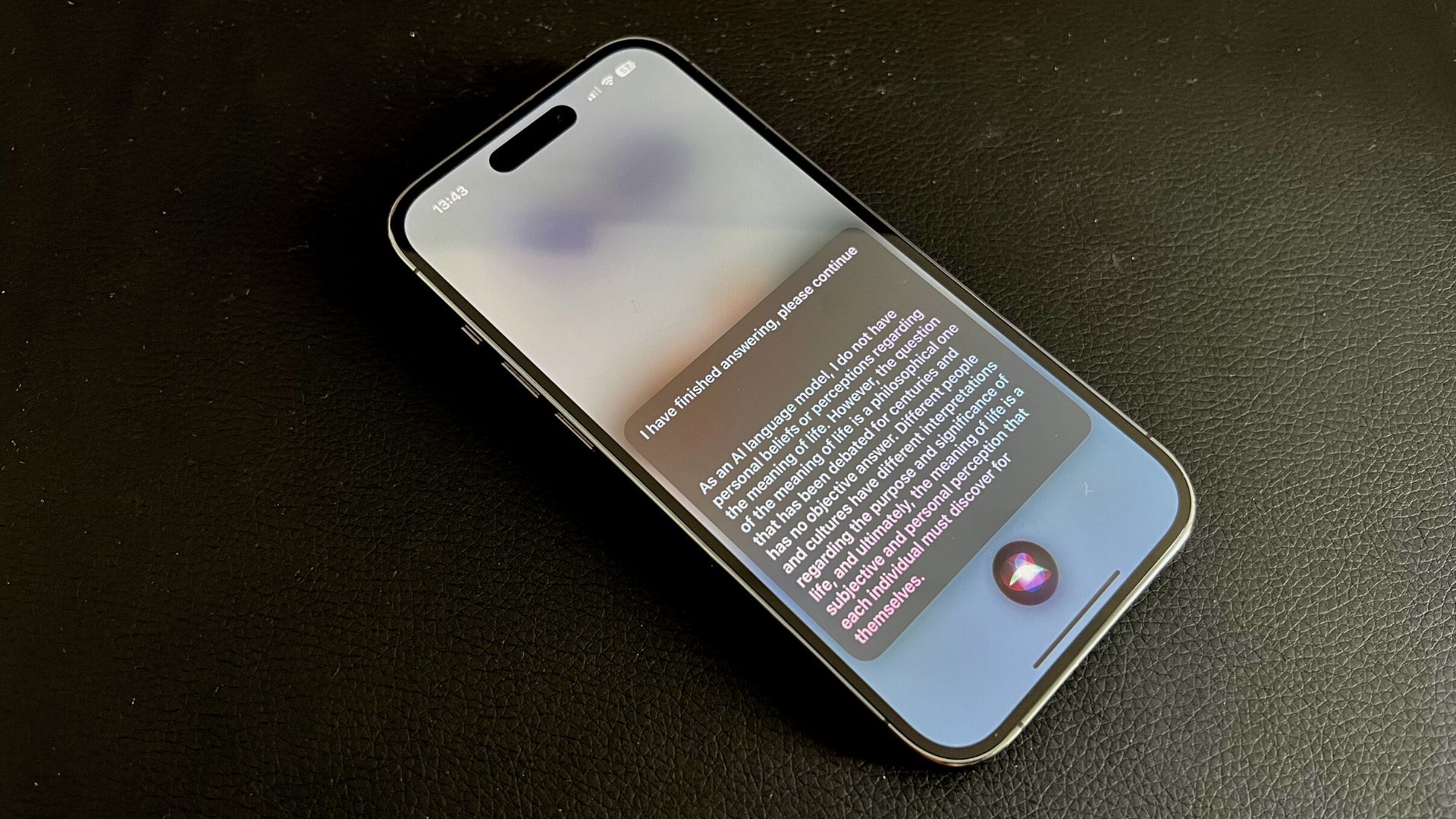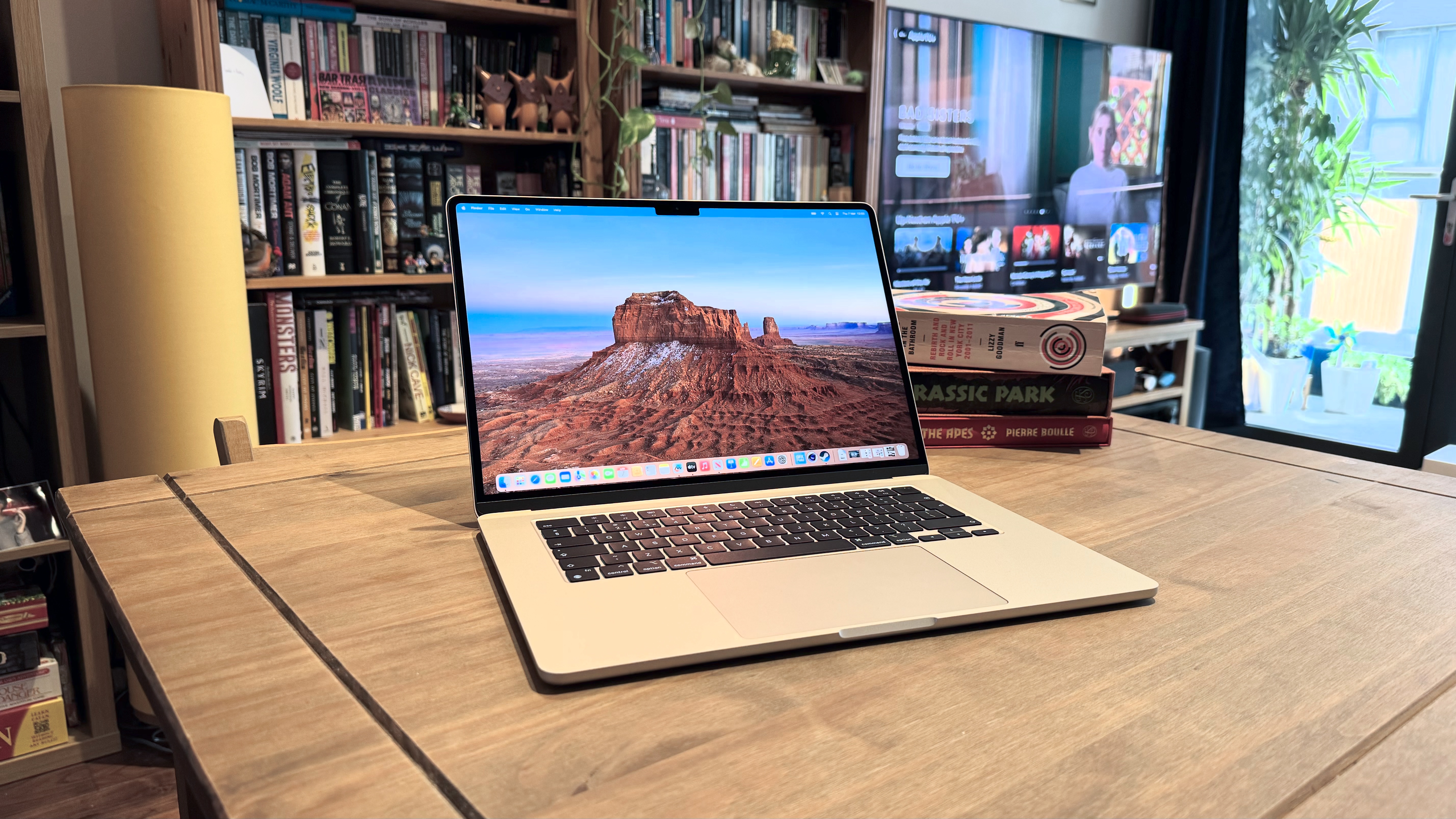
Microsoft's new lineup of Surface devices, revealed at an event earlier this week, is by far the most intriguing showcase I've witnessed since I started following Microsoft events. And as you might have guessed, it was heavily centered on generative AI.
AI represents a relatively new component in Apple's own area of tech expertise, something it is still seemingly catching up in, arguably moving a tad too cautiously and slowly. Microsoft, on the other hand, is reaping huge benefits for its early and heavy investment in OpenAI, which has led it to rank as the world's most valuable company in the world ahead of Apple with over $3 trillion in market capitalization.
While Windows 11 might not be a fan-favorite for most avid Windows users (mainly due to its flawed design and stringent minimum system requirements), Windows dominates the operating system market share. And AI elements might have just made Windows exciting again, in a way it hasn't felt for decades. Apple needs an answer, and fast.
Windows 11 gets next-gen AI features, but there's one critical issue

At the big Windows and Surface event, Microsoft announced a handful of new AI-powered features shipping to Windows 11, including Recall, Windows Studio Effects, Live Captions, Auto Super Resolution, and more.
Features like Windows Studio Effects essentially received a fresh coat of paint with new artificial lighting and artistic filters that can be applied on your webcam during calls on any app for an advanced and classic touch. It also helps improve the clarity of your video call when in poorly lit rooms. Live Captions on the other hand will now leverage AI to translate 40+ different languages from live or pre-recorded audio and video in real-time.
While the rest of the features are impressive, the new Recall feature stands out the most for me. Recall is like a time capsule running in the background of your device, capturing screenshots of everything you see and do. These snapshots will be stored locally on your device for the specified period you've selected and in the dedicated disk space you've allocated.
This way, it's easy for you to scroll back if you've forgotten something and want to refer to it again. Its capabilities spread beyond just documentation, but apps, sentences, webpages, photos, and videos, too. Interestingly, the new feature has raised concern among users who have openly expressed their reservations about it across social media.
Microsoft promises a 100% privacy-focused experience as it relies on an on-device NPU. For context, an NPU (Neural Processing Unit) is an AI-powered chip with enhanced performance capabilities compared to the traditional GPUs and CPUs. It takes on mundane and repetitive tasks, ultimately allowing your PC to run at optimum levels having lessened the burden on the GPU and CPU.
Additionally, Microsoft says it won't use any of the data accessed by Recall to train its models, though there's also an option to turn off the enabled-by-default feature if you don't find it useful. It's worth noting that these new AI features will ship exclusively to the new era of Windows devices, Copilot+ PCs. There's no ETA on when/if Microsoft intends to ship them to traditional Windows PCs.
Apple can join in on the fun by leveraging its partnership with OpenAI

Apple is subtly gaining traction in the AI landscape. This is especially true after OpenAI shipped its AI-powered chatbot, ChatGPT, to Mac snubbing Windows despite Microsoft's multi-billion dollar investment. OpenAI's explanation was simple, “We’re just prioritizing where our users are.”
This is consistent with a recent report that highlighted ChatGPT's dominance on mobile ahead of Microsoft Copilot. As you may know, both chatbots are based on OpenAI's GPT-4 model and spot its DALL-E 3 image generation technology. Still, ChatGPT is a fan favorite among mobile users. The report further details that OpenAI's launch of its new flagship GPT-4o model contributed to ChatGPT's biggest spike in revenue and downloads on mobile (with a huge percentage attributed to iOS users).
While watching OpenAI's Spring update event last week, I noticed something. Most of the demos showcased were on Apple devices, either an iPhone or a MacBook. A coincidence? I don't think so. OpenAI CEO Sam Altman has openly referred to the iPhone as "the greatest piece of technology humanity has ever made"
Rumors suggest Apple is hopping onto the AI fray knee-deep

As OpenAI announced its new flagship GPT-4o model with reasoning capabilities across audio, vision, and text in real-time, several top executive employees belonging to the super alignment team announced their sudden departure.
While their explanations were vague at best, OpenAI's Head of Alignment Jan Leike's comments stood out. Leike said they'd fallen into several disagreements with the top management at the hot startup, mainly due to its prioritization of "shiny products" over safety and security.
Still, another former OpenAI employee disclosed that genius master-class strategist Sam Altman is on the verge of closing a megadeal with Apple that would see ChatGPT make its debut on iPhones and the soon-to-ship iOS 18 update, potentially serving as a more up-to-date alternative for Siri (sidenote, 'Siri' means secret in Swahili).
If these rumors hold water, Apple could potentially be in a position to venture into the AI landscape. Besides, it already has sophisticated hardware packing M3 chips under the hood. However, this doesn't mean that it would be able to compete with Microsoft on an even playing field. Microsoft subbed Apple during its recent Windows and Surface event by claiming its new Copilot+PCs are 58 times faster than its MacBook Air M3.
Love the jab back at @Apple with the MacBook M3 comparison. pic.twitter.com/MLy4bSg9vnMay 20, 2024
While these are just speculations, it's about time Apple ripped the band-aid off and claimed its stake. As we edge closer to Apple's long-awaited WWDC 2024 developer conference slated for June 10, 2024, we expected the company to make a host of AI announcements adding a new feel and touch to its software on the iPhone and Macs.
On the other hand, a separate report suggests that Apple is in a deal with Google which could potentially lead to it licensing the Gemini chatbot on iPhones. Alphabet's Google and Apple are yet to reach an agreement on the megadeal, as highlighted by Bloomberg's Mark Gurman. So nothing concrete yet, but I'm excited for the WWDC conference and the potential AI goodies coming to Apple's ecosystem.
- Apple AI: Everything you need to know about Apple's artificial intelligence plans







